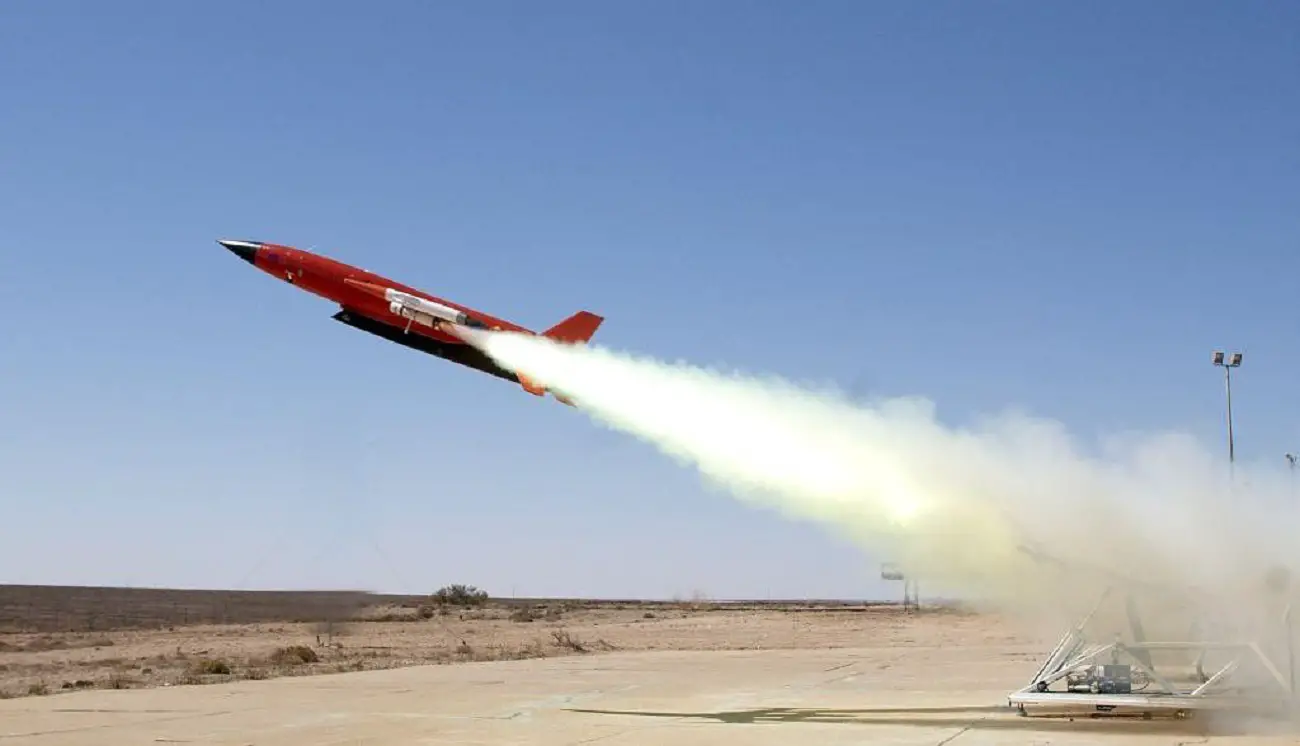The U.S. State Department has made a determination approving a possible Foreign Military Sale to the Republic of Korea of Subsonic Sea-Skimming Aerial Targets for KDX-III Batch-II AEGIS Class Destroyers and related elements of logistics and program support for an estimated cost of $170.6 million. The Republic of Korea has requested to buy five (5) BQM-177A Subsonic Sea-Skimming Aerial Targets (SSAT) for KDX-III Batch-II AEGIS Class Destroyers. Also included are GQM-163 target drones; classified books and other publications (technical and non-technical); test support; technical documentation; personnel training; U.S. Government and contractor engineering, technical, and logistics support services; and other related elements of logistics and program support. The estimated total cost is $170.6 million.
The proposed sale will improve the Republic of Korea’s capability to meet current and future threats by performing Combat System Ship Qualification Trials (CSSQT) for its new KDX-III Batch-II AEGIS Class Destroyers. The KDX-III Batch-II CSSQT efforts will demonstrate the ship’s ability to safely and effectively launch and control weapons, demonstrate proper integrated hardware operation, demonstrate system performance based on key requirements, and provide realistic training for the shipboard anti-air warfare firing teams. The principal contractor for the BQM-177A SSAT will be Kratos Defense, Sacramento, CA, and Fort Walton Beach, FL. The principal contractor for the GQM-163A target drones will be Northrop Grumman, Chandler, AZ.

The BQM-177A is an advanced, high-subsonic, recoverable aerial target system designed and manufactured by Kratos Defense & Security Solutions, a US-based developer of advanced technology solutions for the armed forces of the US and its allied nations. The BQM-177A replicates modern subsonic Anti-Ship Cruise Missile (ASCM) threats in support of fleet training and developmental/ operational testing of major Department of Defense (DoD) and international weapon systems. The target supports various mission requirements by carrying a wide array of internal and external payloads including scoring, Identification Friend-or-Foe (IFF), passive active RF augmentation; infrared (IR) augmentation, electronic countermeasures, chaff and flare dispensing; and tow targets. US Navy has recently contracted Kratos Unmanned Aerial Systems (KUAS) to deliver 65 BQM-177A SSATs.
The GQM-163 Coyote is a supersonic sea-skimming missile target built by Northrop Grumman (formerly Orbital ATK) and used by the United States Navy as a successor to the MQM-8 Vandal. Orbital’s proposal was chosen over the MA-31, a joint venture between Boeing and Zvezda-Strela. Orbital was awarded the development contract for the Coyote SSST in June 2000. The GQM- 163A Subsonic Sea Skimming Target (SSST) is a non-recoverable, supersonic aerial target, capable of speeds of Mach 2 or greater and can be used as a sea skimming target with terminal altitudes from 13.0 to 66.0 feet (absolute) or as a diving target with a maximum altitude of 52,000 feet and diving angles between 15 and 55 degrees.












